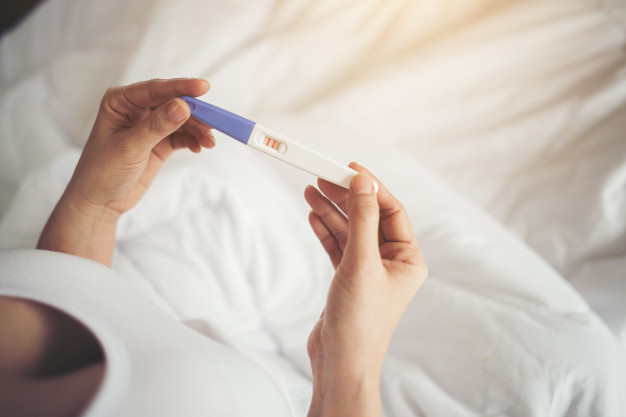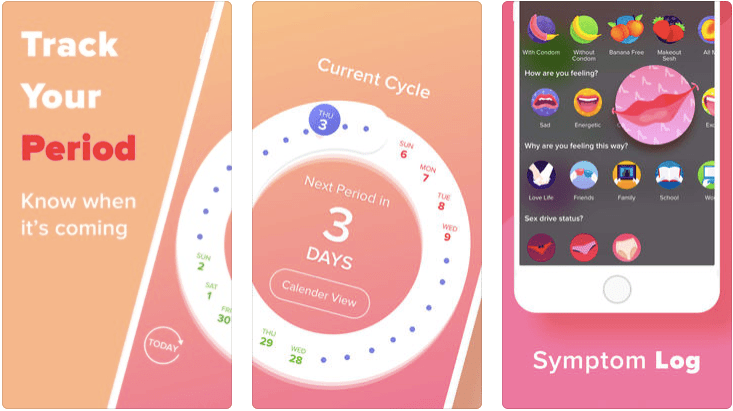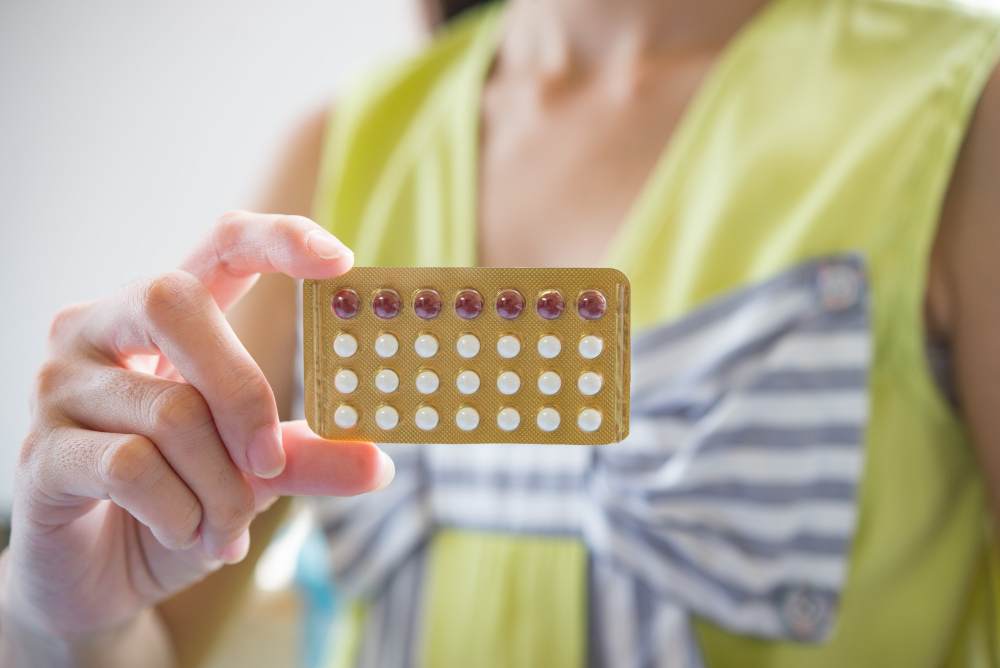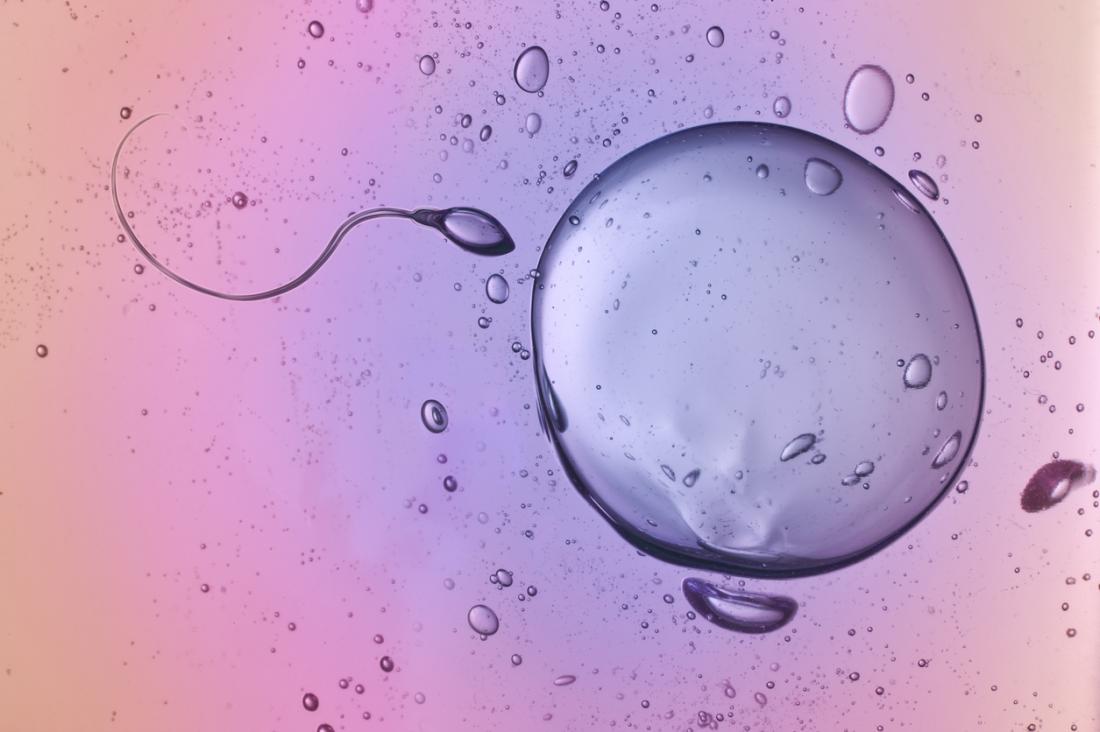When it comes to conceiving, both women and men need to eat well. Prenatal nutrition is essential for the prenatal preparation process. The importance of a good diet and a healthy BMI in the conception process cannot be overstated. To build a safe nine-month antenatal period, women must focus on a healthy weight and nutrients such as folic acid and balanced consumption of other macro and micronutrients.
Along with women, men should also pay attention to their weight since being overweight can lead to hormonal imbalances, affecting sperm quality. As a result, it is recommended that they consume various fruits and vegetables, vitamins, antioxidants, and mineral-rich foods daily.
Most women do not eat a well-balanced, healthy diet before pregnancy, making it difficult to conceive. The nutritional plate guideline can help you achieve balance:
- Dairy – Dairy goods, such as milk and milk products, are useful calcium and plant-based protein source for vegetarians. If you’re trying to lose weight, look for organic milk and milk products low in fat or fat-free.
- Vegetables – Green leafy vegetables, starchy vegetables, orange-colored vegetables other vegetables are separated into distinct categories. Each meal should include at least two different types of them.
- Fruits – Fruit should be consumed in various forms, with at least two servings each day. They are a good source of minerals, vitamins, and fiber.
- Nuts include nuts, seeds, and non-vegetarian sources such as meat, poultry, fish, and high biological value protein (egg). Fish, poultry, seeds, and nuts are all excellent lean meat sources. Lean protein should make up 1/4 of your meal plate.
- Even though there are many various kinds of grains, choose those enriched with folic acid for added benefits during pregnancy. 1/4 of the plate should be filled with grains and cereals.
In addition, place a strong emphasis on the consumption of:
- Iron- During the pre-pregnancy period, your iron requirements will increase by 50 to 60%. During pregnancy, iron aids in the production of new blood, which carries oxygen and nutrients to the baby. Anemia, preterm delivery, weakness, shortness of breath, and low birth weight are all symptoms of a lack of iron.
Sources: Almonds, poultry, walnuts, lamb, raisins, kidney beans, pistachios, prunes, beetroot.
- Calcium – Building strong bones is an essential part of preparing for pregnancy. If a pregnant female’s diet is low in calcium, the growing fetus will absorb calcium from the mother’s bones, placing her at risk for osteoporosis later on in life.
Sources: Seafood, Milk and milk products, seafood, dried peas and beans, and green vegetables like spinach, broccoli and greens.
- Folic acid- It has been shown to aid in the formation of a baby’s neural tube, which produces the spine and brain. Spina bifida is a condition in which a baby’s spine does not form properly due to a lack of vitamins.
Sources: Dark green leafy vegetables, orange, cauliflower and lentils.
- Vitamin D- It’s been connected to a number of health benefits for women who are attempting to get pregnant. It affects both the ovary and the endometrium, making it important for fertility. In addition, vitamin D has been demonstrated to improve ovulation at the ovarian level.
Sources- Egg yolk, salmon, milk, fortified cereals and orange juice.
The impact of lifestyle on fertility
Certain lifestyle habits and diseases might also exacerbate infertility.
PCOS, endometriosis, uterine fibroids, and sexually transmitted illnesses are all frequent health issues. In addition, both men and women are known to be affected by stress, alcohol, smoking, irregular sleeping patterns, and a bad diet.
Obesity, Insulin resistance, thyroid issues, and high blood pressure can all be caused by these.
![]()








